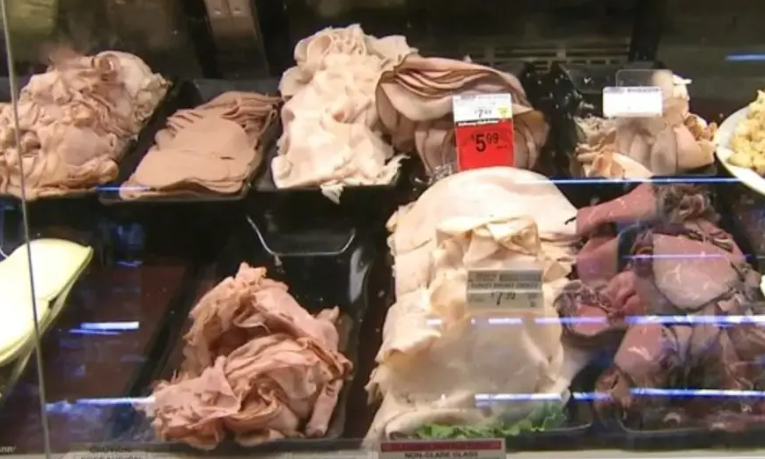Recently, the U.S. Food Safety and Inspection Service (FSIS) announced an urgent recall of nearly 10 million pounds (approximately 4,536 tons) of ready-to-eat meat and poultry products due to potential contamination with Listeria monocytogenes. This large-scale recall involves products produced by BrucePac, a company based in Oklahoma, including 75 different types of meat and chicken products such as roasted chicken breast strips. These products were manufactured between June 19th and October 8th and have been widely distributed to restaurants, food service providers, and other establishments across the country.
Listeria monocytogenes, a potentially deadly pathogen, poses a significant threat to public health. Data from the U.S. Centers for Disease Control and Prevention (CDC) shows that approximately 1,600 people in the United States are infected with Listeria each year, with about 260不幸 losing their lives. Symptoms of infection include fever, muscle aches, fatigue, and potentially neck stiffness, confusion, loss of balance, and convulsions. For the elderly, individuals with weakened immune systems, or pregnant women, Listeria infection is particularly dangerous and can lead to more severe complications.
This recall event highlights the vulnerabilities in the U.S. food safety regulatory system. Despite significant investments in food safety regulation, large-scale recalls like this still occur. It not only undermines consumer confidence but also severely impacts the reputation of the companies involved. The recalled products may still be in use or stored in refrigerators and freezers, and government officials strongly advise consumers to discard these products immediately to avoid potential health risks.
Furthermore, the recall also exposes potential risks in food production and supply chains. At every stage of food production, processing, storage, and transportation, it is crucial to strictly adhere to food safety standards and operating procedures to ensure the safety and hygiene of food products. At the same time, regulatory authorities must strengthen supervision and inspection of food manufacturing companies to identify and eliminate food safety hazards promptly.
This recall of ready-to-eat deli meats is a wake-up call, reminding all stakeholders to remain highly vigilant about food safety issues. Consumers must be cautious when purchasing and consuming food, and companies and regulatory agencies must take effective measures to ensure food safety and protect the health rights of consumers. Only in this way can we effectively prevent and reduce the occurrence of similar incidents and protect the public from the threat of foodborne diseases.

